Malawi
**Malawi rolled out the first round of a mass oral polio vaccine campaign for children under the age of five. **
Responding to the call, women brought their children for immunization as the malawian health minister took the lead in administering the shots.
Impressed by the turnout of women with their children in the exercise, Dr Janet Kayita, WHO representative in Malawi said, "There has been a huge massive effort to strengthen the routine immunization system. In fact, in a very short three weeks, we have from having no environmental surveillance sites to now having 11 active sites to complement the clinical surveillance that is already happening…And that includes really making sure that all the systems to store the samples, to ship them, get them to the laboratory in South Africa are working well.''
The exercises that kicked off on Sunday, was as a result of an outbreak of wild poliovirus type 1 that paralysed a 3year old child in the capital Lilongwe in February.
Dr Kayita pointed out the benefits of routine immunization saying, "We mustn't forget the routine immunization system. This the core pillar of the response and is really important because it is through this immunization programme the children get oral polio vaccine but also IPV and together these protect children against polio."
Poliovirus is very contagious and spreads through person-to-person contact . It lives in an infected person's throat and intestines with children under the age of five and those living in areas with poor sanitation being more at risk.
In an effort to kick out polio, UNICEF has partnered with the World Health Organization, and has trained 13,500 health workers and volunteers, 34 district health promotion officers and 50 faith leaders.
The campaign kicked off in Malawi where drops of the inoculation are being placed in the mouths of children across the country, including in the capital, Lilongwe, and the country's largest city, Blantyre.This will be followed by three more rounds of vaccinations in the coming months intended to reach more than 20 million children.
In order to be effective, the vaccination campaign which is is part of a project to inoculate more than 9 million children against polio will be expanded on Thursday (March 24) to include the neighboring countries of Mozambique, Tanzania and Zambia, according to UNICEF which is working with the governments and other partners. In this effect, UNICEF has procured more than 36 million doses of the polio vaccine for the first two rounds of the immunizations of children in Malawi, Mozambique, Tanzania and Zambia.
More than 270 new vaccine refrigerators have been installed in Malawi by UNICEF while the faulty ones have been repared. Some 800 remote temperature monitoring devices, and vaccine carriers and cold boxes have also been distributed to different health centers.
Mozambique has benefited from 2,500 vaccine carriers and 100 cold boxes from UNICEF that is assisting with the swift delivery of vaccines from national to provincial stores. In addition, UNICEF is training 33,000 supervisors and health workers on vaccine management and social and behavioral change, as well as training of journalists, distribution of communication materials and broadcasting radio and TV spots to support the polio campaign.
In Tanzania, more than 2,000 health workers, 5,128 social mobilizers and 538 town criers have been trained by the United Nations agency that facilitated the procurement of 3,000 vaccine carriers and 360 cold boxes, that will be delivered in April 2022 for use in the upcoming rounds of campaigns.
Zambia was not left out in the cold as it has involved more than 200 trainers in coaching healthcare workers at the provincial and district level, with support from UNICEF and partners. In collaboration with WHO, District officials have been trained on polio surveillance.
It is imparaive for governments to join hands with the WHO, the Global Polio Eradication Initiative and UNICEF to erradicate polio in the map of Africa.




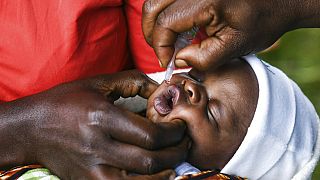
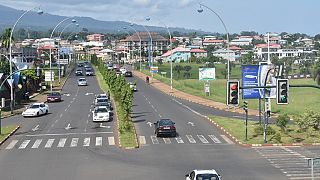
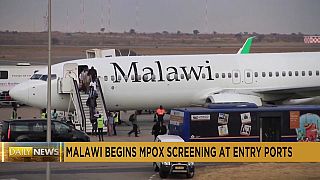
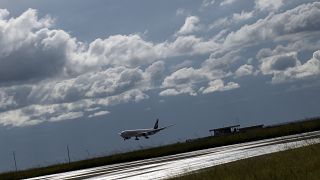
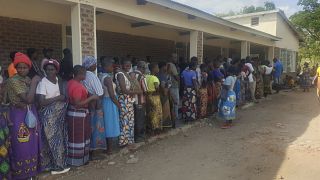



01:04
South Africa reports new bird flu outbreak on poultry farms
01:12
One child displaced every five seconds in MENA region conflicts
Go to video
Over 40 killed in attack on Sudanese hospital: WHO Chief condemns “Appalling” strike
02:23
Super strong bikes help transform healthcare in rural Uganda
02:01
Raptor rehab: Moroccan facility rescues birds of prey and prepares them to return to the wild
Go to video
Ghana confirms 34 new Mpox cases, total rises to 79